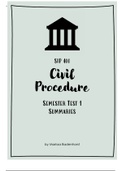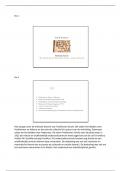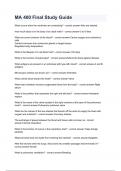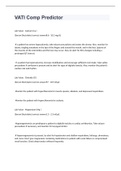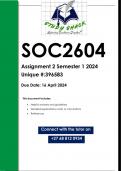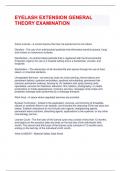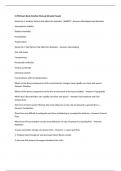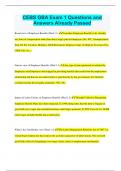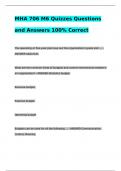Summary
Summary SIP 400 Civil Procedure Summaries for Semester Test 1
- Course
- SIP400 (SIP400)
- Institution
- University Of Pretoria (UP)
These notes contain all the study material demarcated during the lectures before the National Lockdown (Chapters 1 - 6) as well as the study material as set out in the Explanatory Notes for Lecture 4B (founding or confirmation of jurisdiction over a foreign peregrinus) up until Lecture 8 (Applicati...
[Show more]
